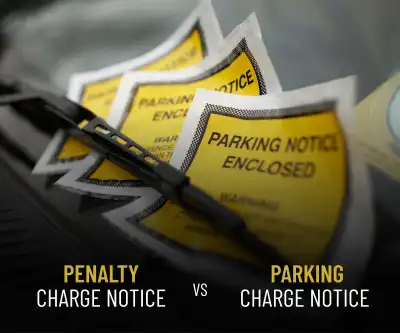
The Government is set to introduce a nationwide pavement parking ban as part of its push for greater local power. This move is detailed in the English Devolution White Paper, released yesterday (December 17th, 2024), which hands new powers to Mayors across the country. One of the key actions mentioned is the ban on pavement parking, which will now be addressed at a national level.
As part of what is described as the "biggest transfer of power out of Westminster" this century, the Government is expecting local authorities to take the lead on enforcing this policy. They'll use available powers to ensure a consistent approach across their areas.
The White Paper also promises a formal response to the 2020 consultation on pavement parking. Although the response is yet to be released, a recent survey shows that 46% of motorists support a pavement parking ban in other towns and cities, with only 18% opposed. A poll on MailOnline also found that 69% of respondents want the Government to introduce a nationwide ban.
Supporters of the ban argue that it would improve accessibility for vulnerable pedestrians, including wheelchair users and those with sight impairments, as well as making it safer for people to cross the road. The Local Government Association (LGA) has also called for action, describing pavement parking as a "scourge" for those with mobility issues, blind people, and parents with prams.
Scotland and Wales have already implemented similar bans. Last year, Scotland passed nationwide legislation that bans pavement parking, giving local authorities the power to fine offenders up to £100, reduced to £50 if paid within 14 days. Glasgow became the latest city to introduce the ban in September, joining Edinburgh and Aberdeen. In Wales, a consultation on the ban is ongoing, though some trials are already underway in Cardiff.
In England, pavement parking is already banned in London. A Department for Transport spokesperson said 'Accessibility is a priority, and we recognise the problems pavement parking can cause for people, especially those with mobility or sight impairments."
Former Transport Secretary Louise Haigh has also voiced her support for measures to protect vulnerable road users, stating, "I completely recognise how important it is for accessibility."
"We're considering what options we have available because we want to make sure that any measures are not burdensome on local authorities and are done in the most effective way. But I am really committed to responding to the consultation as quickly as possible."
Campaigns, like one from Guide Dogs UK, argue for a national law on pavement parking, emphasising the safety risks to pedestrians, especially those with visual impairments. Research shows that 85% of people are aware of the risks pavement parking poses, and 72% say it's a common issue where they live.
The LGA points out that pavement parking forces vulnerable pedestrians to walk into traffic, putting them at greater risk. This change could help make streets safer for everyone.




